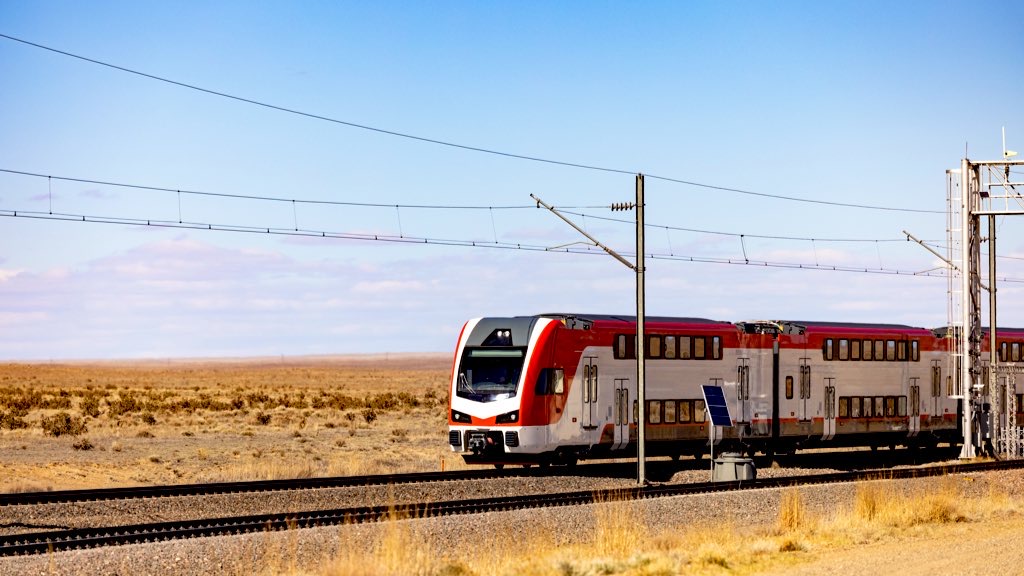The launch of electrified service on Caltrain has been delayed by two years until late 2024, and the cost of the project has risen by $333 million to $2.3 billion, the transit agency announced Thursday.
The electrification project aims to electrify the Caltrain corridor from San Francisco’s 4th and King Caltrain Station to the Tamien Caltrain Station in San Jose, converting diesel-hauled trains to electric trains, increasing service to six trains per peak hour per direction, and maintaining operating speed up to 79 mph, the transit agency says.
The highly-anticipated project has been delayed by “a range of factors, including complications in the installation of signal systems, unforeseen conditions under Caltrain’s tracks, and the coronavirus (COVID-19) pandemic, which severely disrupted supply chains necessary to the project,” the transit agency said.
A Federal Transit Administration “Risk Refresh Report” to Caltrain estimated the project cost has increased from $1.98 billion to $2.3 billion based upon its progress so far, and the design and construction work that is remaining.
“Of the $333 million in forecasted costs, Caltrain has identified a funding plan for the known and allocated costs of $161 million,” the transit agency said in a statement. “The remaining $172 million is in unallocated costs that has been set aside as a reserve for unknown risks. The agency will be developing a funding plan over the next several months in coordination with the project funding partners.”
As of Thursday, about 75 percent of the foundations for the catenary poles needed to electrify Caltrain complete while 60 percent of the poles have been installed. All 10 traction power facilities are under construction and the overhead contact system has been installed in all of Caltrain’s four tunnels, the transit agency said. Also, the first electric trainset has been completed and is currently being tested at the Transportation Technology Center in Pueblo, Colo.
“These delays are disappointing, because the electrification of Caltrain is desperately needed,” said Caltrain Executive Director Michelle Bouchard. “However, much has already been accomplished, and together with our contractors, funding partners and stakeholders, we will deliver the modern rail service that the Bay Area deserves.”
Image courtesy of Caltrain






